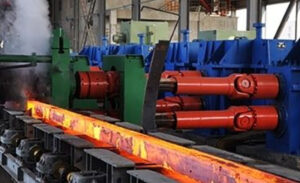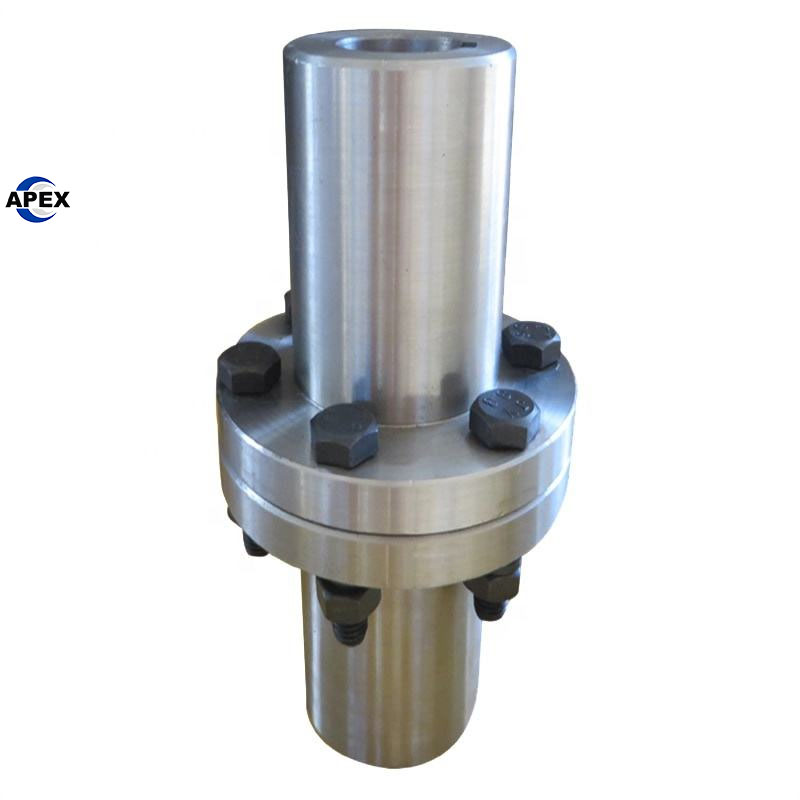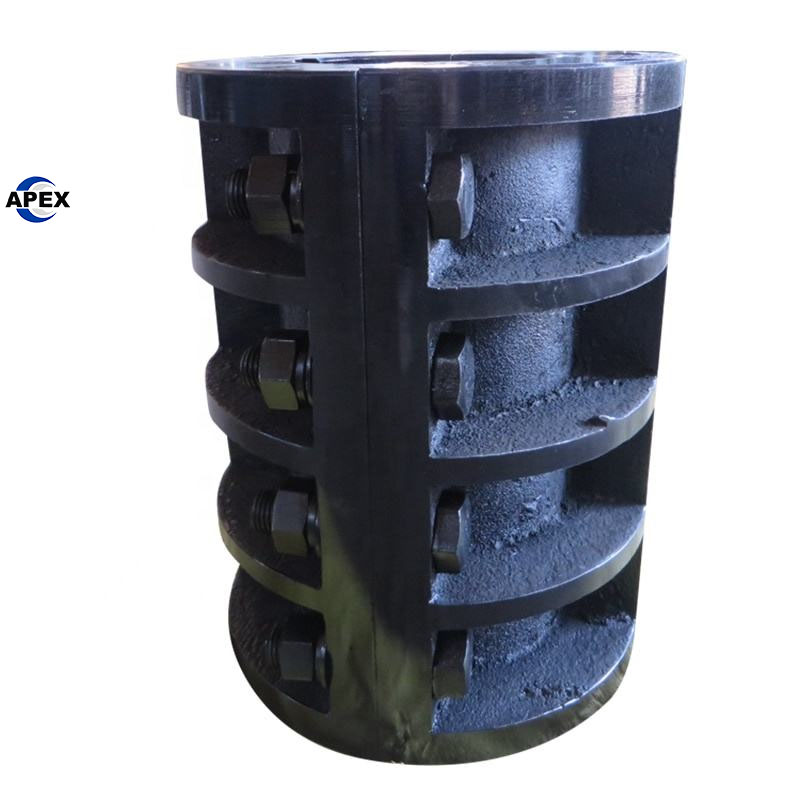OEM ODM Couping manufacturer.
High Torque Single Flange Rigid Couplings, Customize coupling.
Apex Coupling: Your OEM/ODM Partner for High-Performance Flexible Shaft Couplings. We provide custom-designed, durable couplings for various industries, ensuring perfect fit and reliable power transmission. Get your solution now!
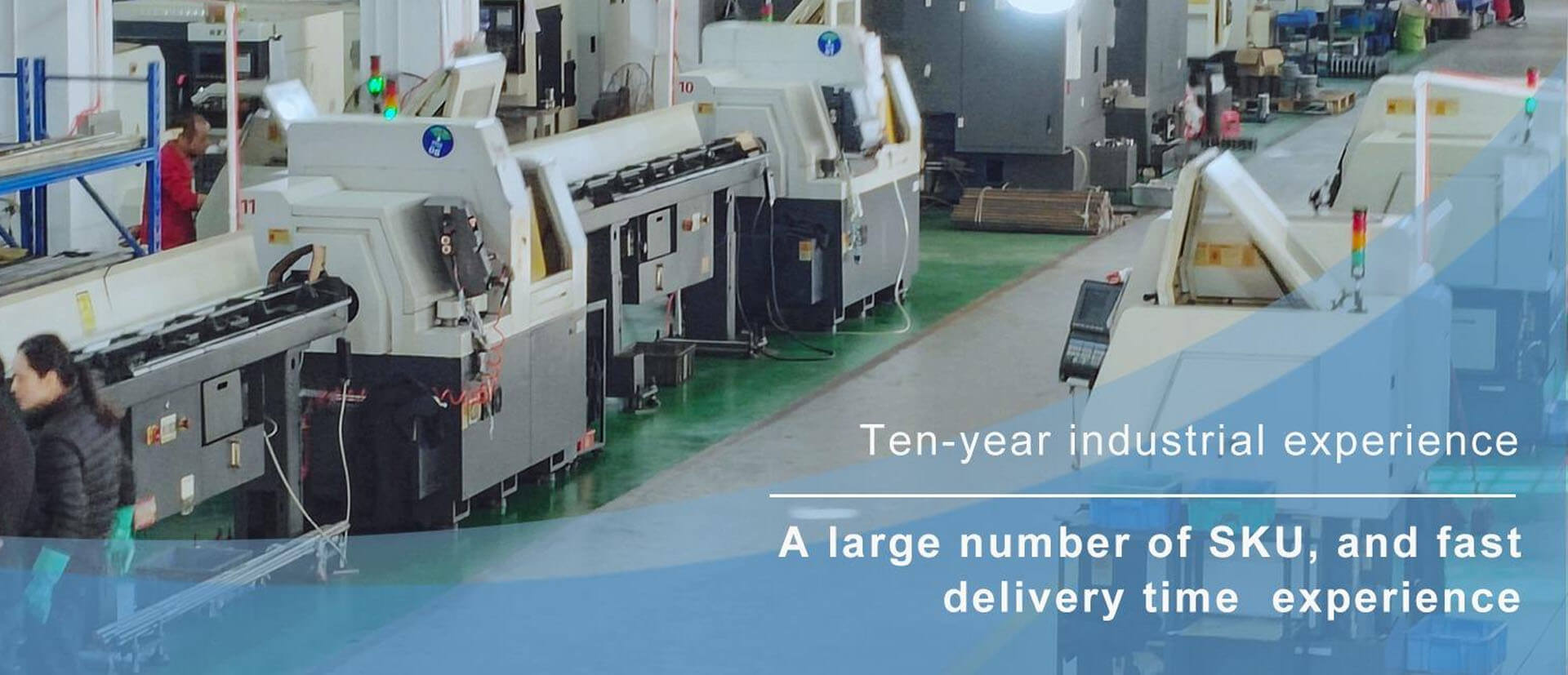
How to choose Rigid Coupling?
A 5-Step Guide to Selecting a Rigid Coupling
Step 1: Confirm that a Rigid Coupling is the Correct Choice
This is the most critical step. A rigid coupling should only be used under these specific conditions:
Perfect and Permanent Shaft Alignment: The two shafts must be aligned with near-perfect accuracy (angular, parallel, and axial) and this alignment must be maintained during operation.
No Need for Vibration Damping: The system is free from shock loads and torsional vibrations, or these vibrations are acceptable.
Applications Requiring a Solid Connection: Where the two shafts must behave as a single, continuous unit.
Common Applications:
Aligning and connecting sections of a long, continuous shaft (e.g., line shafts in printing presses).
Precision applications where any flexibility would cause error (e.g., some precision measuring instruments, clock mechanisms).
Connecting a motor to a reducer that is already perfectly aligned and mounted on a common base.
Step 2: Determine Key Application Parameters
Since the coupling is rigid, it must be sized to handle the full load of the system without any give.
| Parameter | Why It’s Critical |
|---|---|
| Torque (Peak & Continuous) | The coupling must transmit the full torque without yielding or shearing. |
| Shaft Sizes & Keyways | The bores must match the shaft diameters exactly. |
| Speed (Max. RPM) | The coupling must be balanced for the operating speed to prevent dangerous vibrations. |
Step 3: Select the Rigid Coupling Type
There are several common designs, each with slight advantages:
| Coupling Type | Description & Best Use |
|---|---|
| Flanged/Sleeve Coupling | The most common type. Two halves are bolted together. Provides a very strong, rigid connection. Ideal for general heavy-duty applications. |
| Clamp or Compression Coupling | A single or two-piece sleeve that clamps down onto the shafts using screws. Provides excellent concentricity and is easier to install/remove than a flanged type. |
| Tapered Split-Sleeve Coupling | Similar to a clamp coupling but with a tapered design for a very tight, secure fit. |
Step 4: Specify Installation & Environmental Needs
Installation Method: Consider space constraints. Flanged couplings require axial space to slide the shafts into place, while split-sleeve couplings can be installed radially without moving the shafts.
Material & Environment: Standard materials are steel (high strength) or stainless steel (corrosion resistance). Aluminum may be used for weight-sensitive applications.
Step 5: Finalize with a Trusted Supplier
Choose a supplier known for:
Precision Manufacturing: Since rigid couplings cannot compensate for error, their manufacturing tolerances must be exceptionally tight.
Balancing Services: For high-speed applications, ensure the coupling is dynamically balanced (to a standard like G6.3 or G2.5).
Summary: When to Choose a Rigid Coupling?
Choose a Rigid Coupling if:
Shaft alignment is perfect and permanent.
You need a simple, low-cost, and high-torsional-stiffness solution.
The application involves precision timing between shafts (they act as one).
There is no risk of thermal expansion causing misalignment.
Warning: Do NOT use a Rigid Coupling if there is any possibility of misalignment. Even a small misalignment will induce severe bending stresses on the shafts, leading to premature failure of the coupling, shaft, or most likely, the bearings in the connected equipment.
Final Recommendation: The selection of a rigid coupling is less about “choosing” and more about verifying that your system meets the strict requirements for its use. If you are certain of perfect, permanent alignment, then select a coupling whose torque and speed ratings exceed your application’s needs and whose bore matches your shaft dimensions exactly.
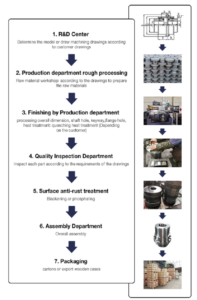
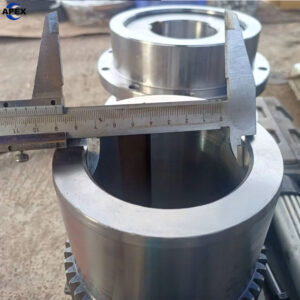
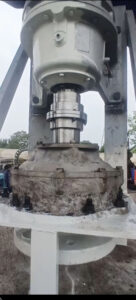
Customization options, customized on demand, sample processing, graphic processing.
Product Support traceability of raw materials
Quality control conducted on all production lines.
R&D engineer education levels3 graduate
Choose Confidence. Choose Safety.
Contact us today to discuss how our certified quality and safety standards can protect your operations. Request a quote and receive full technical data sheets for your evaluation.
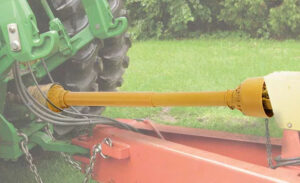
Our Commitment to You:
We guarantee that every coupling leaving our facility is built to perform safely and reliably. Our quality is not just a promise—it’s a result of a systematic, verifiable process built into everything we do.
